Hyundai to Millennials: 'Can We Interest You in a Subscription?

Millennials, the constantly-stereotyped cohort of young adults who won’t watch a black and white movie but still like cars, are every automaker’s go-to crowd for future sales.
Hyundai has announced a plan to tap these would-be car buyers in a way that drills into the very core of what they desire in vehicle ownership (or so studies show). Think of it as the Netflix approach to sales.
First off, any Millennial hoping to trade in his or her bikes for the joy of an internal combustion engine is out of luck. Hyundai’s new take on sales applies to only one model — the all-electric 2017 Ioniq, which bows with 124 miles of range.
The automaker’s “Ioniq Unlimited” offer is a subscription-based ownership “experience” that allows buyers to keep hassle to a minimum while avoiding long-term financing and lease terms.
According to Hyundai, the program, which starts as a pilot in California early next year, allows buyers to “select one fixed payment that includes unlimited mileage, electric charging costs, scheduled maintenance, wear items and all typical purchase fees such as registration.”
Accessed and initiated via the internet, buyers select the vehicle, payment and subscription length (24 or 36 months), then go to their local dealer to sign off on the deal once their credit application is complete. No haggling, Hyundai claims. It’s like buying a phone. Millennials like phones, don’t they? Of course they do!
We’re left to assume that this pilot could expand to the rest of the country if it proves successful. Actually, we’re left to assume many things, as the automaker hasn’t mentioned what all-inclusive prices buyers can expect. Other details, such as early cancellation fees, also go unmentioned.
Clearly, Hyundai tapped deeply into market research on Millennials while crafting this plan. In a wide-ranging 2014 consumer study, Deliotte discovered a car-hungry population of young adults with clear buying preferences. Of the many factors that would compel a Millennial to buy a new vehicle, the top three were low cost, fuel efficiency and affordable payment options.
Convenience and eco-friendliness ranked high on their list of concerns, but Millennials also proved three times more likely to abandon their car if costs rose. Naturally, young adults proved the most accepting of new technology, including electric propulsion. Of them, 65 percent said they’d be willing to pay more for an alternative powertrain.
Now, what were those subscription costs again?
[Image: Hyundai]

More by Steph Willems
Latest Car Reviews
Read moreLatest Product Reviews
Read moreRecent Comments
- Tassos Good job, Senile, Corrupt Idiot-in-Chief.And when Inflation doubles again under your failed watch, LIE again that it was .. 9% when you took office, while THE REAL inflation then was less than 2%!Disgusting imbecile....
- Wjtinfwb Glad to see Toyota hanging in there with sedans. It's a bit clunky looking but no worse than a new BMW 7-series at 1/3 the price. More power would be nice but Toyota is married to the Hybrid/4-cylinder configuration. As this package gets refined I expect it will be come the norm.
- Wolfwagen The last couple of foreign vehicle manufacturers that tried breaking into the U.S. Mainstream Vehicle Market had a very hard time and 1. Couldn't get past the EPA regulation side (Mahindra) or 2. had a substandard product (Vinfast).
- Midori Mayari I live in a South American country where that is already the case; Chinese brands essentially own the EV market here, and other companies seem unable to crack it even when they offer deep enough discounts that their offerings become cheaper than the Chinese ones (as Renault found when it discounted its cheapest EV to be about 15% cheaper than the BYD Seagull/Dolphin Mini and it still sold almost nothing).What's more, the arrival of the Chinese EVs seem to have turbocharged the EV transition; we went from less than 1% monthly EV market share to about 5% in the span of a year, and it's still growing. And if — as predicted — Chinese EV makers lower their production costs to be lower than those of regular ICE cars in the next few years, they could undercut equivalent ICE car prices with EVs and take most of the car market by storm. After all, a pretty sizeable number of car owners here have a garage where they could charge, and with local fuel and electricity prices charging at home reduces fuel costs by over 80% compared with an ICE car.
- FreedMike So...Tesla does no marketing except to justify Elon Musk's pay. Mmmmmkay...



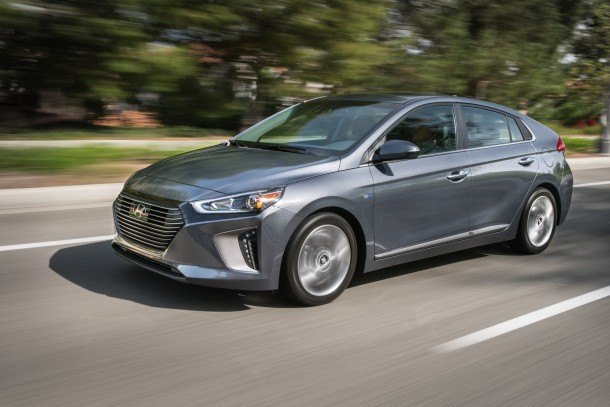














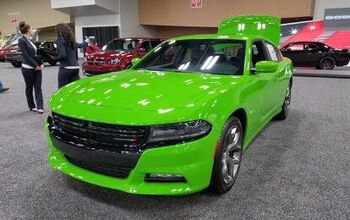
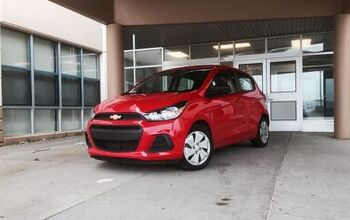
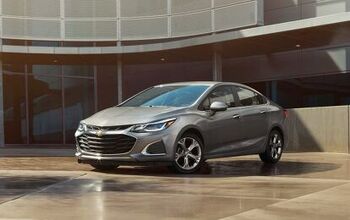










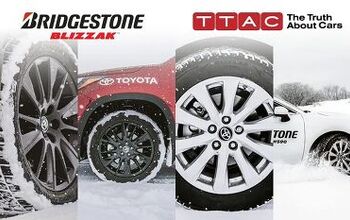

Comments
Join the conversation
Millennials want everything free - free education, healthcare and how cars are different? Why not just subsidize cars for eligible millennials - those with no income or in come less than certain amount? Just idea. They are our future we have to take care of them.
As long as payments can be made on the last possible day with a credit card. (I work with a 27 yo who pays his student loans with a cc on the day before a late charge kicks in)